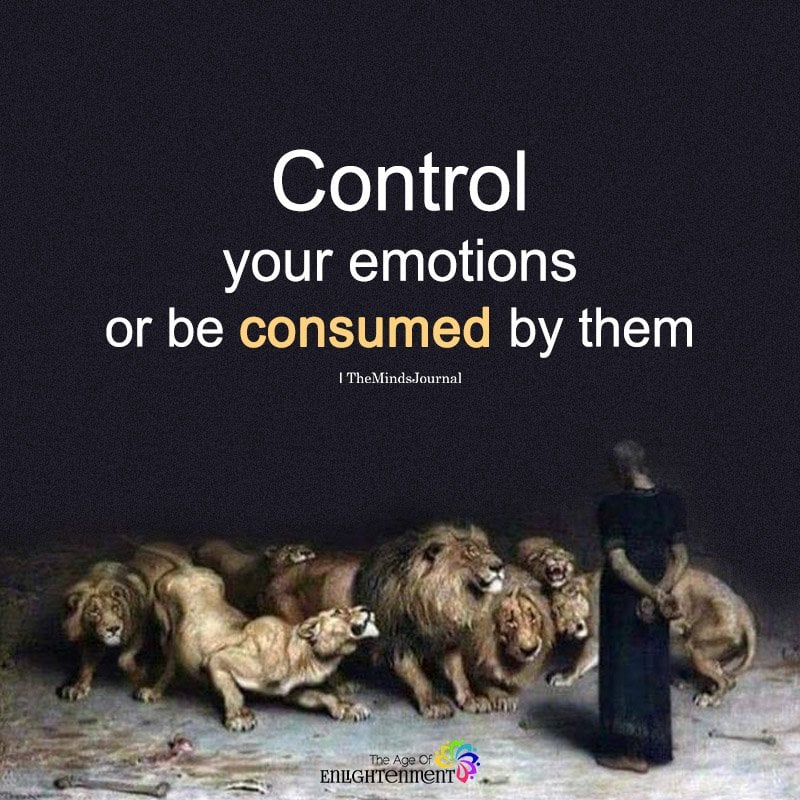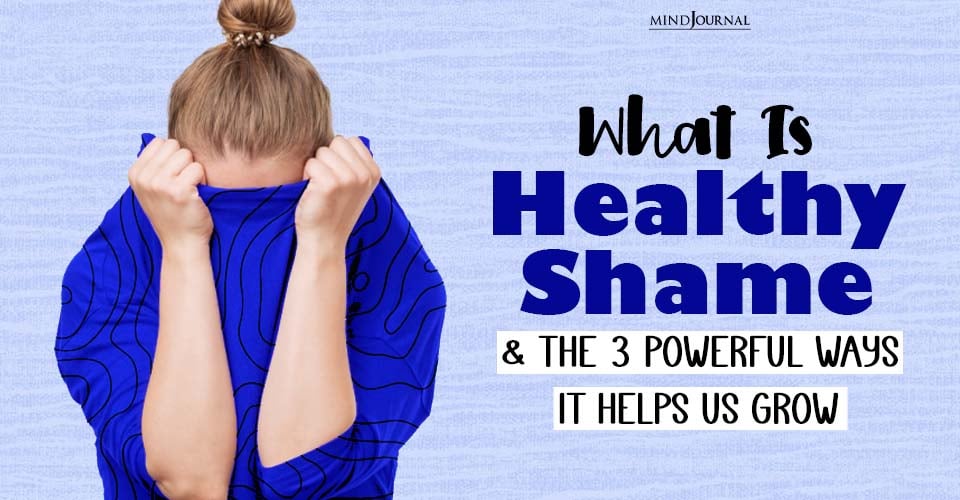Are you struggling hard to control your stirred-up feelings when they cross the threshold? These strategies will help you control your emotions when they are out of control.

We’ve all been there: We’re freaking out about something that just happened to us — what someone did to us, said to us, or didn’t do for us.
And we’re pissed or terrified, or defeated — our emotions have become overpowering.
What do we do now to control our emotions when they’ve already gotten completely out of control?
After spending the last year researching and writing my new book, Outsmart Your Smartphone: Conscious Tech Habits for Finding Happiness, Balance, and Connection IRL, I’ve learned that there are tons of ways to better manage and control your emotions in the long run —
For example, we can develop positive thinking skills, reappraisal skills, and resiliency, but these skills require effortful practice over long periods of time.
Sure, learning these skills is a great idea, but maybe you’re just not sure what to do (take this well-being quiz to figure out what skills to focus on), or you just haven’t gotten to it yet.
So what do we do right now to control our already out-of-control emotions?
Read 6 Steps to Mindfully Deal With Difficult Emotions in Relationships
Here are some science-based tips to control your emotions:
1. Cut off the negative thought spirals.
When bad things happen, sometimes we get stuck ruminating about these events, thinking about what happened — or could have happened — over and over.
Often it’s these ruminative thought cycles that drive our emotions up, and not the actual event itself. So to control your emotions, we usually just need to stop having the thoughts that are creating them. Of course, that’s easier said than done.
One strategy is to play “I Spy.” It might seem silly, but naming different objects you see around the room can help you redirect your thoughts to other more mundane things, so that your emotions can get a rest and start to calm down.
Another strategy to redirect your thoughts is to get up, do something, or change your surroundings — for example, you could excuse yourself to go to the restroom, or if the situation allows, go for a short walk.
This approach helps give you a moment to reset and take your thoughts in a new direction.
2. Take deep breaths.
Another wonderful way to control your emotions. “Take a deep breath” might seem like a simple platitude, but it actually activates the parasympathetic nervous system, which helps calm high-arousal negative emotions, like anxiety or anger.
So breathing deeply is key when it comes to managing our more challenging emotions.
Because the brain has a harder time making good, rational decisions when emotions are in the driver’s seat, we are also likely to make better decisions if we take a few deep breaths first.
So when emotions start to feel overwhelming, pause. Take a couple of deep breaths, and bring those intense emotions down a bit so you can carefully choose what to do next.
Read How The Zodiacs Deal With Emotions
3. Generate some positive emotions.
Once you’ve calmed down somewhat, and you’re thinking clearly again, it’s helpful to try to infuse some positive emotions into the situation to help beat back those negative feelings.
One way to do this is to look for the silver linings in whatever it is that’s bothering you. For example, did your boss tell you that you must redo the work you just did?
A silver lining might be that this experience will help you become better at your job in the future. Or, are you upset about something your romantic partner did?
This might be an opportunity to improve your communication skills and advocate for your needs in your relationship. It’s not always easy to find a silver lining, but if you can, it’s a good way to generate positive emotions.
Another way to infuse some positive emotions into the moment is with a funny video or inspiring photo. These little, positive things can help deflate even the most intense negative emotions.
So if you’re feeling really down, do something that generates a little happiness, so you can start getting back to your normal self.
4. Practice acceptance.

It can seem counterintuitive to accept the things that are bothering us, but indeed, it is good advice to “accept the things you cannot change” when you want to control your emotions.
No matter how upset we get, our emotions can’t change things that are unchangeable. So ask yourself: What part of this situation is unchangeable?
Remind yourself to accept those things and focus your effort on the things you can change for the better.
Read Ways to Banish Negative Energy from your Body
5. Quit the coffees and soft drinks.
Caffeine gives us energy. Of course, energy is good, but caffeine can end up producing nervous energy — energy that feels very similar to feelings of anxiety or panic.
So if you’re feeling extra anxious, and you can’t figure out what’s causing it, it might just be the caffeine.
If you’re already feeling stressed about something, caffeine can exacerbate these emotions, in part because caffeine can negatively affect your sleep.
When we don’t sleep well, we don’t control our emotions as well, so our feelings can get out of control more easily. So limiting caffeine is another good way to keep those emotions in check.
6. Get your heart rate up with exercise.
If you’re still feeling all riled up and can’t seem to get a handle on your negative emotions, try exercise because it turns out that exercise is an effective way to boost your mood and control your emotions.
Do a few sprints, lift some heavy weights, or do some other activity that gets your heart rate up, because the higher the intensity of the workout, the greater the impact on your mood.
The physiological changes that happen in your body make exercise a great solution for intense emotions that you’re having a hard time handling with other strategies.
Written by Tchiki Davis, Ph.D. Originally appeared in Psychology Today Republished with permission.










Leave a Reply